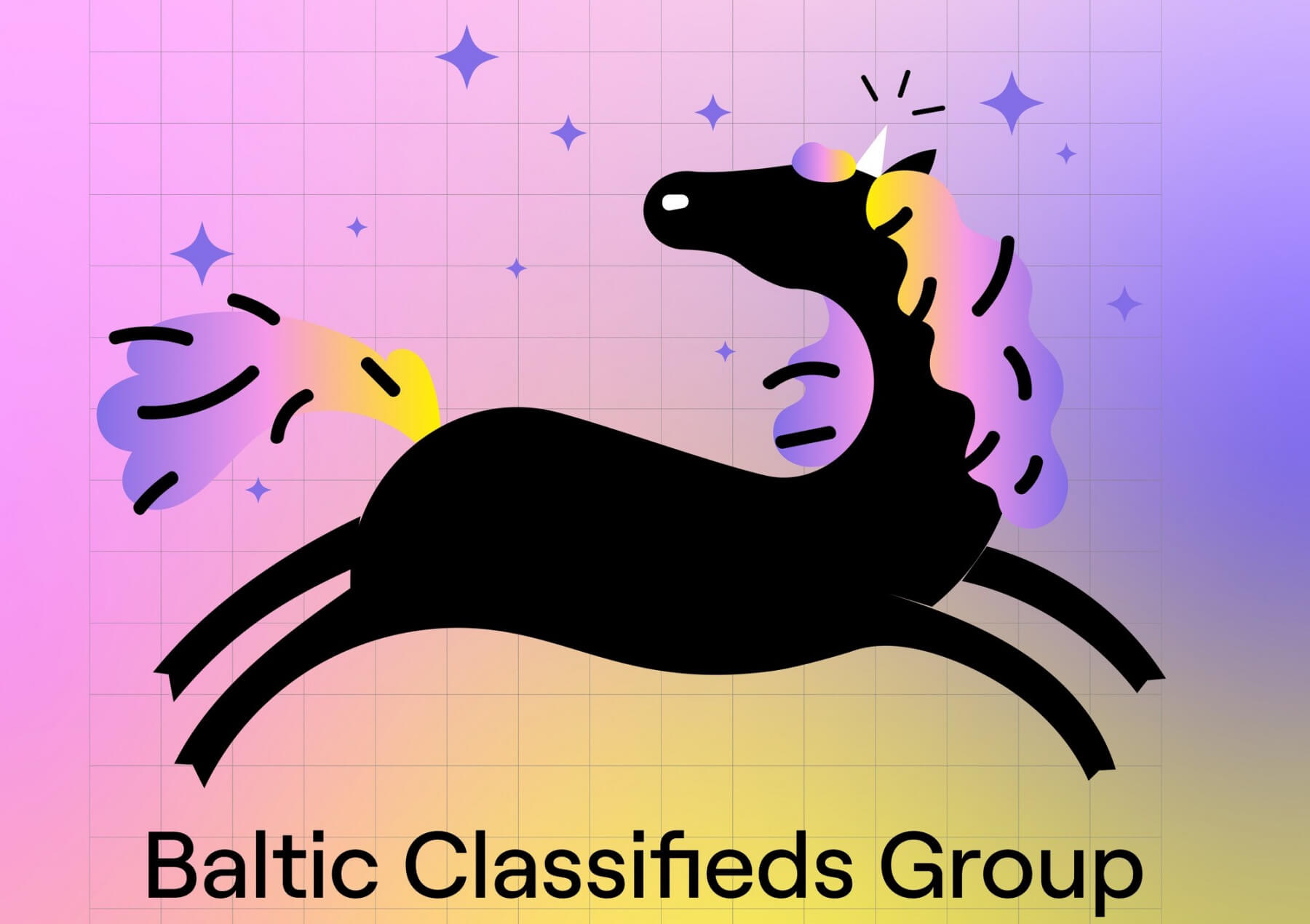


According to the review data from Dealroom published today, when assessing data from 2017 to 2022, Lithuania is the second-fastest growing startup ecosystem in Central and Eastern Europe. Its value rose by nearly 17 times over the five years, and it is currently worth EUR 9.5 billion. Lithuania is surpassed only by Croatia − their startup ecosystem’s value increased by nearly 20 times over the last five years. The total average rate of growth of the startup ecosystem of Central and Eastern Europe is 4.2 times.
‘Dealroom’s calculations gave us the status of being one of the fastest-growing start-up ecosystems, and also officially confirmed that we have a third unicorn: Baltic Classifieds Group. We already knew that this company had the potential to become a unicorn – its performance indicators were showing strong signs. I’d like to congratulate the company and its entire team, as well as Lithuania for becoming a country with three unicorns’, said Aušrinė Armonaitė, Minister of the Economy and Innovation.
Investments decreased, but incomes were growing
The review by Dealroom shows that Lithuanian startups attracted EUR 295 million of investment in 2022, which is significantly less than for 2021, when the investment amounted to EUR 465 million. The scale of attracted investments in 2021 was mainly impacted by the impressive transaction of Vinted, worth EUR 250 million. When looking at the previous record-breaking years, the investment basket of the last year exceeds them significantly: investments of EUR 170 million were attracted in 2019, EUR 182 million in 2018.
Lithuania holds sixth position in attracted venture capital investments, and third place for the attracted investment per inhabitant among Central and Eastern European countries. The biggest investments of Lithuanian are concentrated in Vilnius – startups in the capital city hold as much as 93 per cent of the total investments attracted by the country’s startups in 2022.
‘We had a tense year in 2022 – the outbreak of war in Ukraine, a complicated geopolitical situation, dramatic changes in the economy, therefore, it is no surprise that investors became more cautious. Compared to 2021, venture capital investments last year decreased by approximately 35 per cent all over the world, therefore Lithuania is not an exception either. Despite the difficult period, our country’s startups managed not only to survive, but even slightly increased their revenue – they grew by 4 per cent during the year, amounting to nearly EUR 2.6 billion’, said Roberta Rudokienė, Head of Division ‘Startup Lithuania’, the Innovation Agency.
According to the data from the Innovation Agency, in the first quarter of 2022, the revenues of startups were nearly the same as in previous years. In the second quarter, the outbreak of the war likely had a significant impact, resulting in the drop of revenues by 30 per cent, compared to 2021. However, in the third quarter, the startups managed to increase their revenues by as much as 37 per cent, and in the fourth quarter by 25 per cent.
Another unicorn and the biggest sale of the startup
The slowdown of investment did not prevent the second unicorn of Lithuania from being ‘born’. In April, Nord Security startup announced it had attracted financing of EUR 92 million, which increased the value of the company to EUR 1.5 billion.
Three other Lithuanian startups that attracted the biggest investments in 2022 were Kevin – EUR 61.6 million, Argyle – EUR 51 million, Zenith Chain – EUR 35 million.
Roberta Rudokienė: ‘Last year, the Lithuanian startup ecosystem celebrated not only the birth of the second unicorn, but also the biggest sale of a Lithuanian startup – the company MailerLite was sold for EUR 84 million. We understand that at least four more sales took place: they include Searchnode, Teamgate, EddyTravels and Fullreach, but the values achieved are not published. It looks like more impressive results are being achieved, as we become increasingly visible and valued in the world’.
Contribution of startups to the Lithuanian economy
Startups are gaining a greater weight for the Lithuanian economy. According to data from Unicorns.lt and Startup Lithuania, compared to 2021 they paid 50 per cent more tax into the national budget − taxes paid totalled EUR 297 million.
Although one the most common issues named by startups is attraction of talent, Lithuanian startups continued hiring intensively during 2022. The total number of employees in startup companies increased by 18 per cent over the year and amounted to 17,400. Salaries rose by one fifth; the average salary in startups was EUR 3,500.
The review of Dealroom was initiated by Startup Lithuania, Practica Capital, Triniti Jurex and Go Vilnius. The full text of the review of 2022 is available here.
